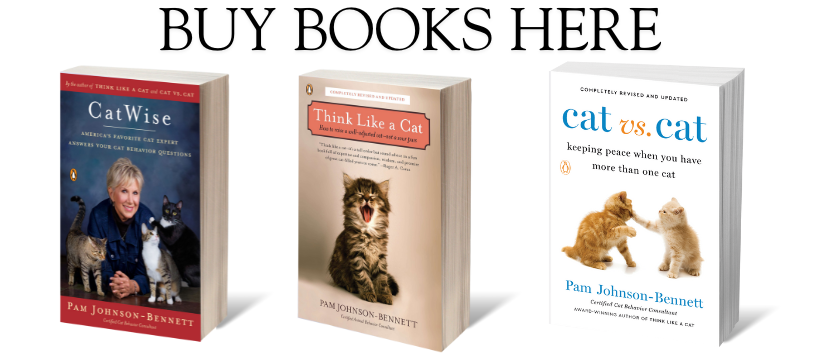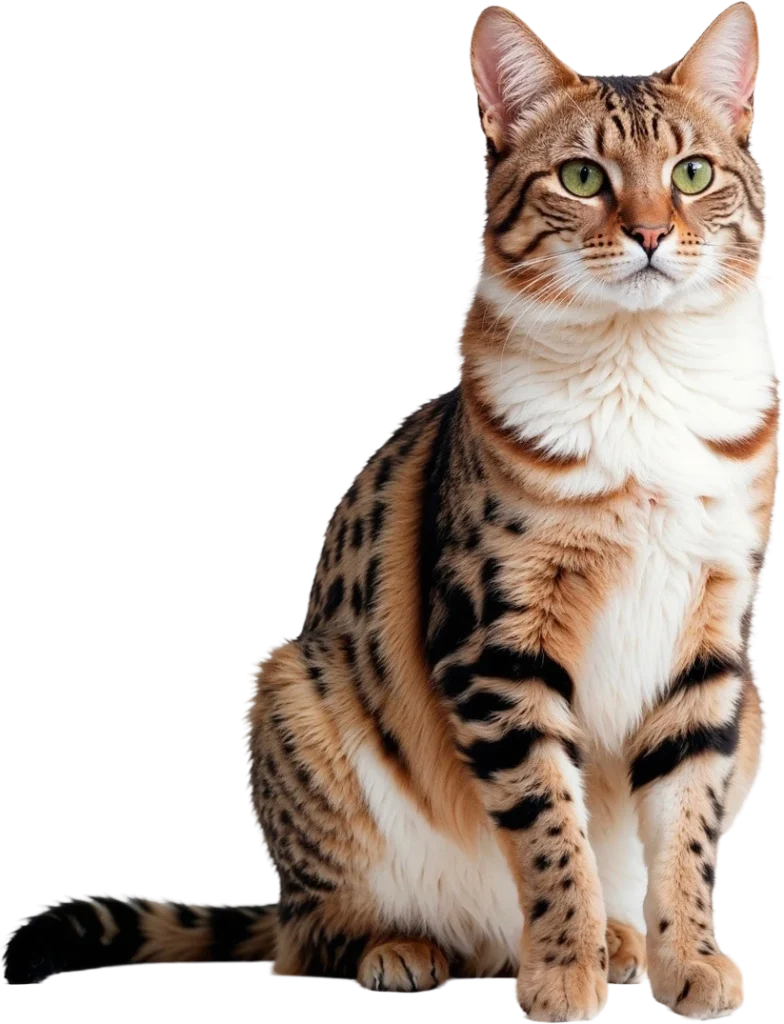
When it comes to feeding your cat there are many foods you should avoid so this list is by no means a complete one but here are some foods you may be surprised to learn are toxic or unhealthy when it comes to feline nutrition.
Onions
- Onions can be lethally toxic.
- Onions destroy the red blood cells which results in Heinz body anemia.
- Cats fed baby food containing onion powder is also dangerous.
- It only takes a small amount of onion powder to create a serious health issue.
- Both raw and cooked onions are toxic to cats.
- Don’t allow your cat to eat tablescraps because they may contain onions.
Garlic
- People give garlic or garlic tabs for flea control and it can cause toxicity. There’s no evidence that garlic is at all effective as a flea repellent.
- Although less toxic than onions, garlic also damages red blood cells, destroying their ability to carry oxygen.
Chocolate
- Chocolate contains a substance called theobromine which is highly toxic to animals. It can cause heart attacks.
- Chocolate also causes vomiting and diarrhea.
- Cats typically don’t have a sweet tooth but may ingest chocolate if hungry enough, bored or if they’ve developed a taste for sweets by having been fed sugary foods by the human family members.
- Chocolate also contains caffeine.
- Dark chocolate and baking chocolate contain higher quantities of theobromine and caffeine.
- Even a small amount of chocolate can be deadly to a cat.
Raw Fish
- The enzyme in raw fish is called thiaminase and it destroys the body’s thiamine (a B vitamin). An untreated thiamine deficiency can lead to seizures and even death.
Grapes and Raisins
- The exact toxin in grapes and raisins isn’t know but it can cause acute kidney failure.
Raw Eggs
- Raw egg whites contain avidin, an enzyme that causes a decreased ability to absorb biotin (a B vitamin).
- Raw eggs also may contain bacteria leading to Salmonella.
Tuna
- Tuna flavored cat food in moderation is ok but tuna has a strong taste and smell that can cause an addiction. A tuna addiction can result in your cat refusing to eat any other food.
- Tuna contains mercury which may lead to mercury poisoning if the cat’s diet contains large quantities.
- Oil-packed tuna can lead to a painful condition called steatitis, which is also known as yellow fat disease.
Dog Food
- Dog food is not formulated to meet a cat’s needs. It lacks the sufficient amount of protein and fat that cats require in their diet.
- Dog food lacks the amino acid taurine, which is essential for cats. Dogs can manufacture taurine on their own but cats can’t and must depend on receiving it through their diet.
Milk
- Once kittens are weaned they lose the ability to properly digest lactose. This can lead to diarrhea.
- If you offer milk as a replacement for water you put your cat at serious risk of dehydration.
Need More Information?
If you have questions on the proper nutrition for your cat or whether a particular food is safe, talk to your veterinarian.
For information on cat behavior and training, refer to the books by Pam Johnson-Bennett. Pam’s books are available at bookstores and online. We’ve included links to Amazon here on our website.
If you have a question regarding your cat’s health, please contact your veterinarian. This article is not intended as a replacement for your cat’s veterinary care.



